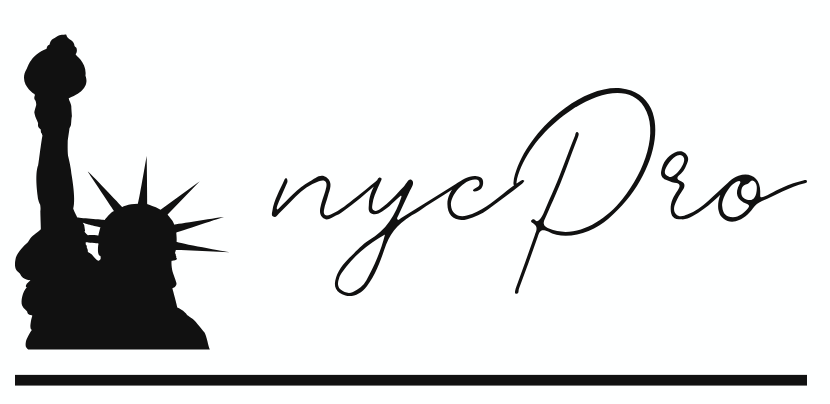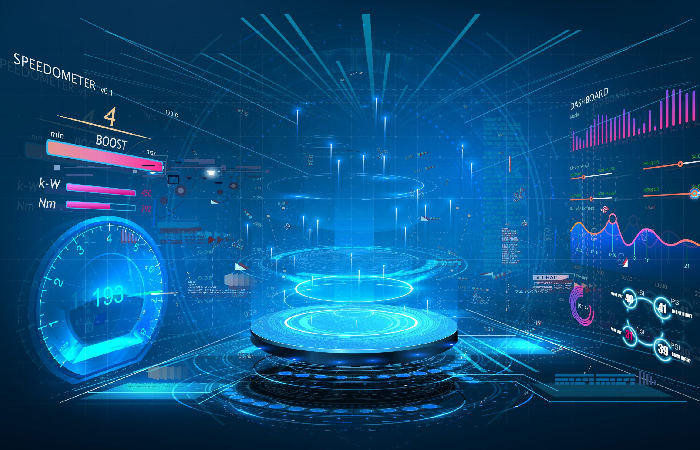How AI is Solving Health Care Challenges?
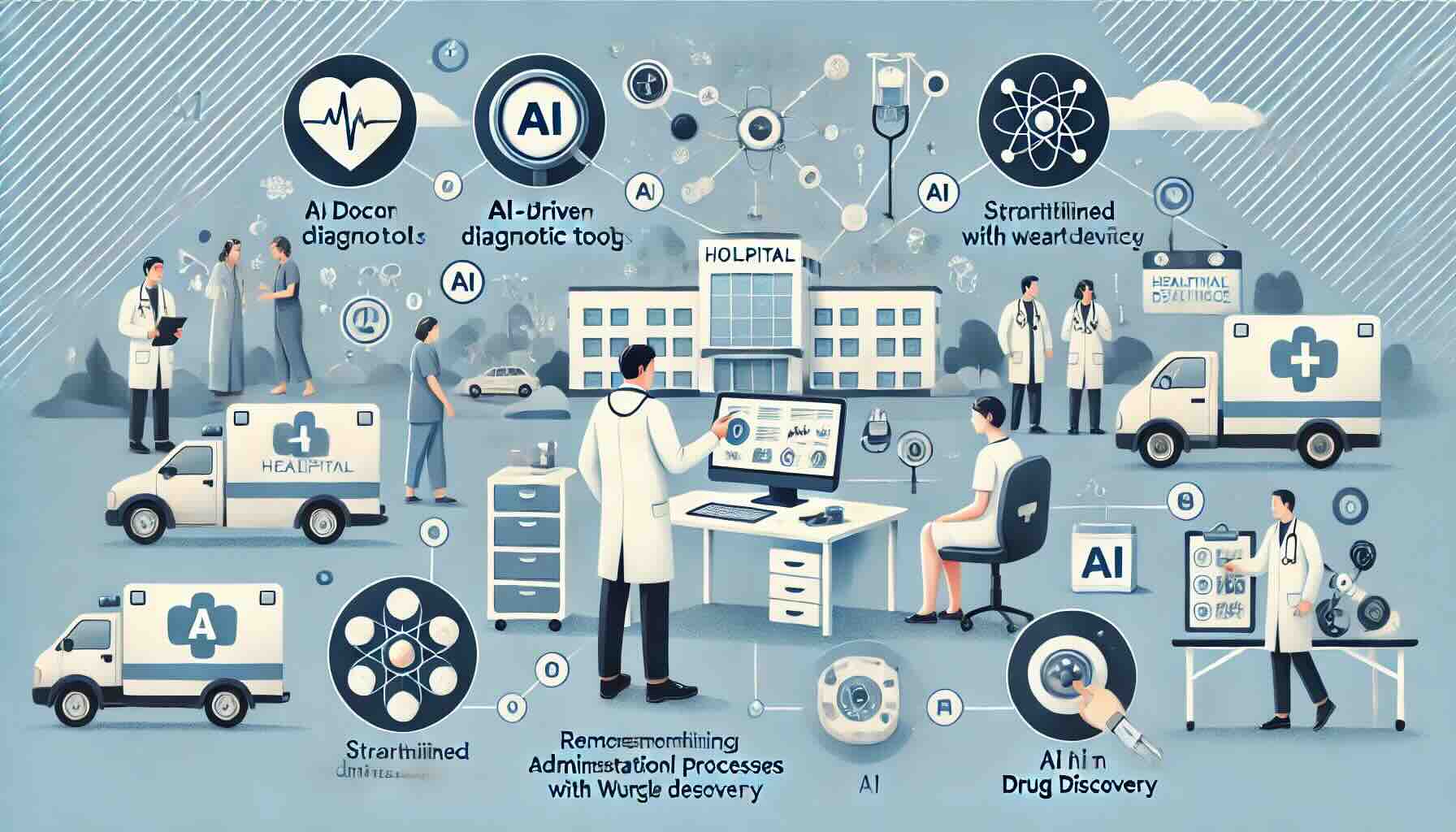
Artificial intelligence increasingly encroaches on health care, bringing solutions that enhance patient outcomes, streamline operations, and meanwhile reduce costs. The use of AI in clinical settings is addressing some of the most serious predicaments currently faced within the industry. Here’s how AI is making a transformative impact on health care.
Health Care Transformative Impact
1. Tailored Treatment Plan
Artificial intelligence enables healthcare providers to establish a much more personalized approach to treatment, usually after the analysis of vast amounts of information from a patient. This boils down to machine learning algorithms that predict how patients will respond to different treatments, and therefore, it is very focused and effective. That individualized approach not only results in better patient outcomes but also means diminished unnecessary treatments and their accompanying costs.
2. Better Diagnostic Accuracy
In the detection of ailments, the level of diagnostic accuracy is pushed up through these AI-driven tools. An example of this is medical image analysis using AI algorithms, which enable an extremely more precise diagnosis compared to a human radiologist regarding some kind of anomaly. In most cases, this will increase the chances of curing diseases like cancer quite early.
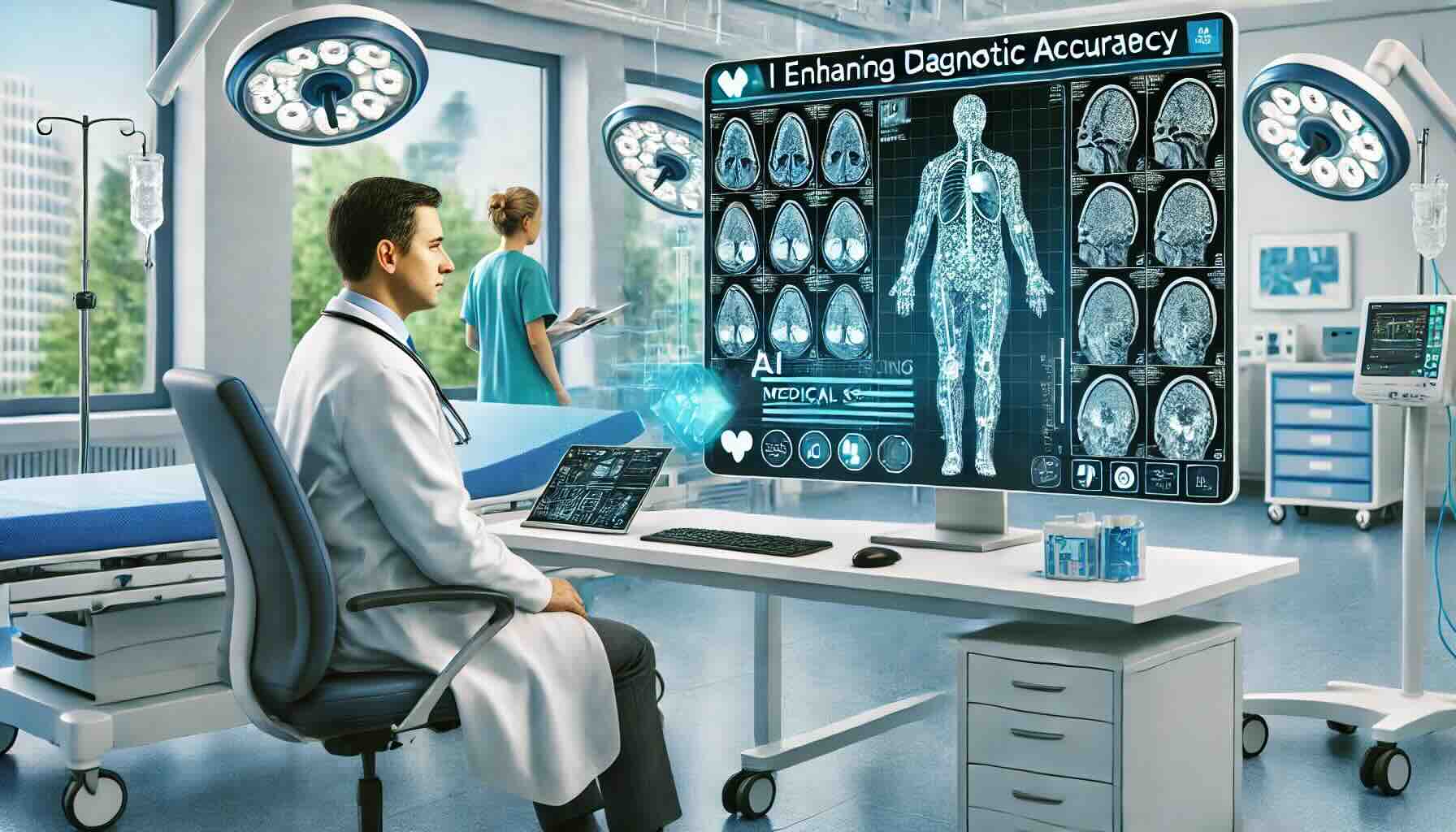
3. Proactive Care with Predictive Analytics
AI-powered predictive analytics helps in the estimation of patient health trends and forecasts in the case of outbreaks of diseases. Analysis of past data enables AI to detect a pattern, using which it is able to predict the chances of re-admittance of persons to health facilities, upon which precautionary measures are supposed to be taken by health facility care providers. This proactive approach improves patient care and reduces the burden on health-care facilities.
4. Streamlined Administrative Processes
AI is increasing the automation of administrative tasks, allowing health professionals to spend more time with patients. Some parts of their scheduling appointments and even the processing of insurance claims can strictly be said to be error-free and save time. This leads to more and more effectively operated processes and resource planning smartly used in healthcare organizations.
5. Drug Discovery and Development
AI is involved in the process of drug discovery through manufacturing, where it does the analyses of what complex biological data has produced in order to identify potential drug candidates. Machine learning models can interdict the interaction of different compounds with targets, which reduces time and the cost associated with the introduction of new drugs into the markets. This innovation keeps pivotal health crises at bay and paves the way for drugs against rare diseases.
6. Remote Monitoring and Telehealth
AI increases access to health care through increasing the remote monitoring and telehealth services. Health-related issues may be detected early since wearable health devices embedded or fitted with AI will be able to monitor vital symptoms. AI-driven telemedicine platforms facilitate virtual consultations and allow patients to receive timely advice from medical experts without physically going to the hospital.
7. Addressing Health Disparities
AI is now important in the key area of health disparities, going through a long way to ensure health access is equitably achieved. Its system can show care voids and further propose passages of caring for such underserved populations through tailored interventions. AI can also customize appropriate health care services in order to satisfy the diverse needs of a patient. At the same time, this will lead to inclusivity, hence improving the health outcome of such populations.
8. Ethical and Trustworthy
AI So, as AI continues to become mainstream in the provisioning of health services, a series of critical ethical issues should be ironed out, and a way forward is agreed upon on how responsibility and confidence in AI systems need to be built. Those include privacy, reduction in bias of AI algorithms, and transparency in AI decision-making. Increasingly, organizations in healthcare are working on building ethical practices with AI to foster trust and reliability.
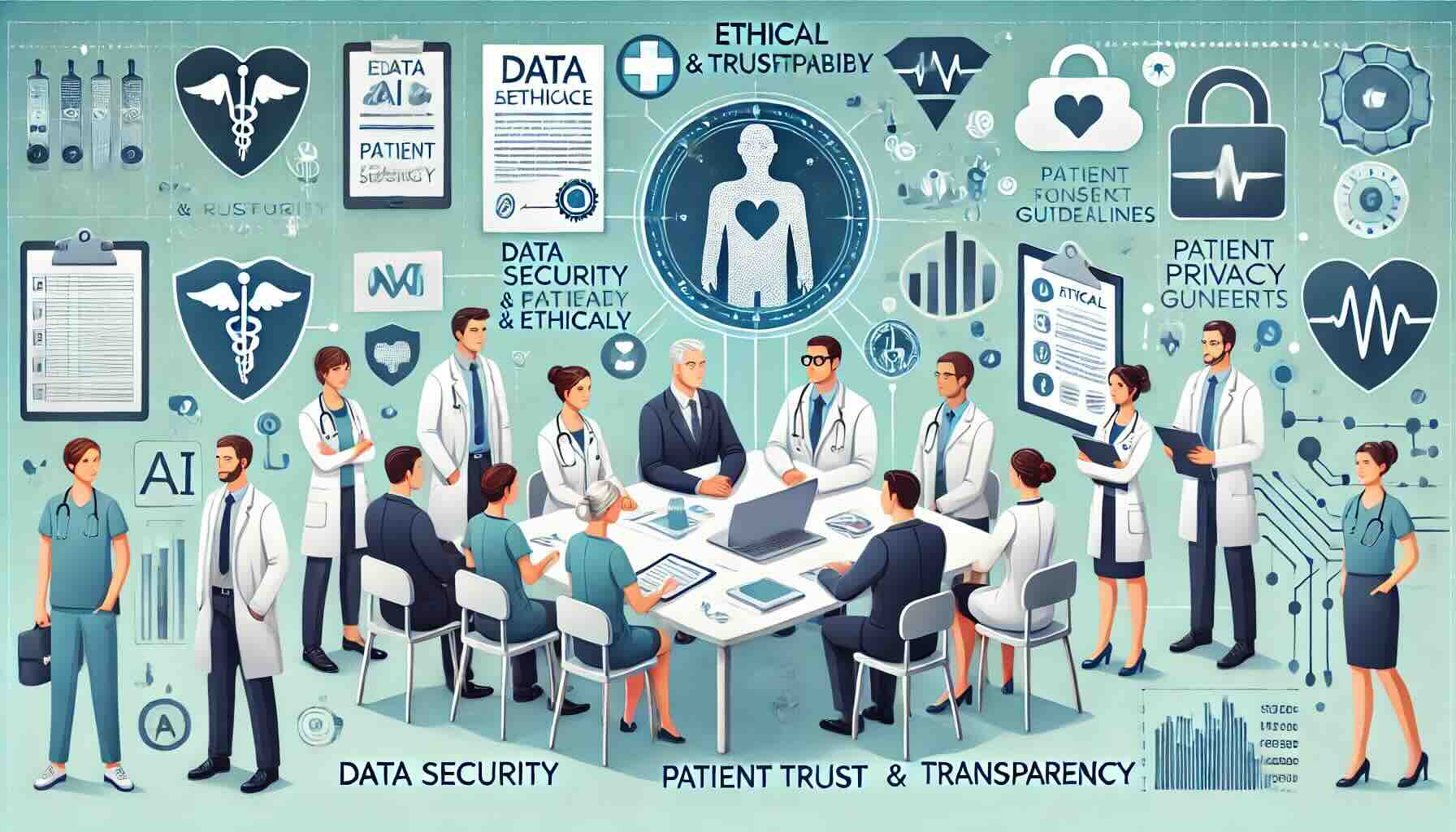
Conclusion
AI is in effect addressing multiple, contemporary health challenges through its role in improved accuracy in diagnosis and treatment personalization and ensuring inexpensive and equitable care through optimization of the operations. The advancements of technology only mean that AI has more ability to ultimately redefine health care with superb patient outcomes.
Health care leaders must continue embracing AI innovations and ensuring consideration is made with respect to ethics in the best-possible manner to get maximum gain from AI.
How NYC is solving healthcare challanges using AI?
NYC is utilizing AI in some innovative ways to answer a host of healthcare challenges.
1. AI-powered diagnosis and treatment: Companies like HealthReveal are exploiting AI to allow clinicians to diagnose and treat chronic diseases better. One AI company that collects patient data in real time to generate health terminologies and suggest medical treatment recommendations for physicians is HealthReveal.
2. Telemedicine and virtual care: Companies like Ro and K Health have used AI to deliver remote medical consultations and diagnoses from smartphone apps, which increases people's ability to reach healthcare centers but decreases in-person visits.
3. Mental Health Support: AI potential can be utilized to provide mental health-related services through Grow Therapy, Talkspace, or similar options by matching patients with appropriate therapists and conducting online therapy sessions to increase accessibility to mental healthcare.
4. Personal Health Management: Noom uses AI algorithms to offer personalized coaching in health and well-being and guide users in managing conditions such as obesity and diabetes.
5. Healthcare Navigation: How startups like Healthee and Chapter are applying artificial intelligence to grasp better health insurance benefits and patients' navigation in intricate healthcare systems.
6. Advancing medical imaging: Paige has developed an AI-native digital pathology platform to expedite the discovery and treatment of cancer with insights from vast amounts of diagnostic data.
7. Administrative Burden Reduction: EliseAI provides a conversational AI platform to health networks for the implementation of 24x7 patient support and automation of a number of administrative tasks.
8. Women's Health: Maven Clinic, Kindbody, and many others are using artificial intelligence to strengthen services related to women's health, including fertility therapies and family planning.
9. Healthcare Improvement Analytics: Startups like Ideon are using AI to collect and analyze data about comprehensive health providers to enhance the quality and efficiency of healthcare services.
10. AI in Medical Research: Tempus and Formation Bio are some firms using AI to speed up medical research and drug discovery procedures.
AI-driven innovations will help solve key problems in healthcare in NYC, allowing an increase in access to care, improved diagnostic accuracy and personalization of treatment, and smooth operations in healthcare. The more this area grows, the larger the number of AI applications in healthcare that can improve patients' lives even further.
Citations:
[1] https://www.codoxo.com
[2] https://spdload.com/blog/healthcare-startups-in-new-york-city/
[3] https://www.renaissancehomehc.com/post/best-healthcare-startups-in-nyc
[4] https://events.nyas.org/event/0f75f4c1-eb5a-4f3d-8788-90f4f4c173b9
[5] https://www.builtinnyc.com/articles/healthcare-startups-nyc
